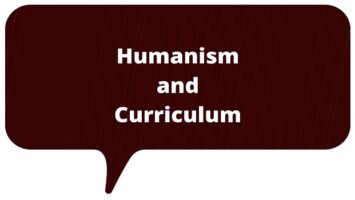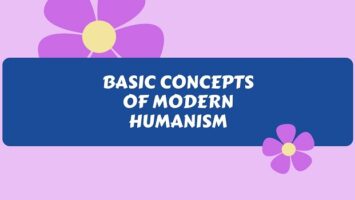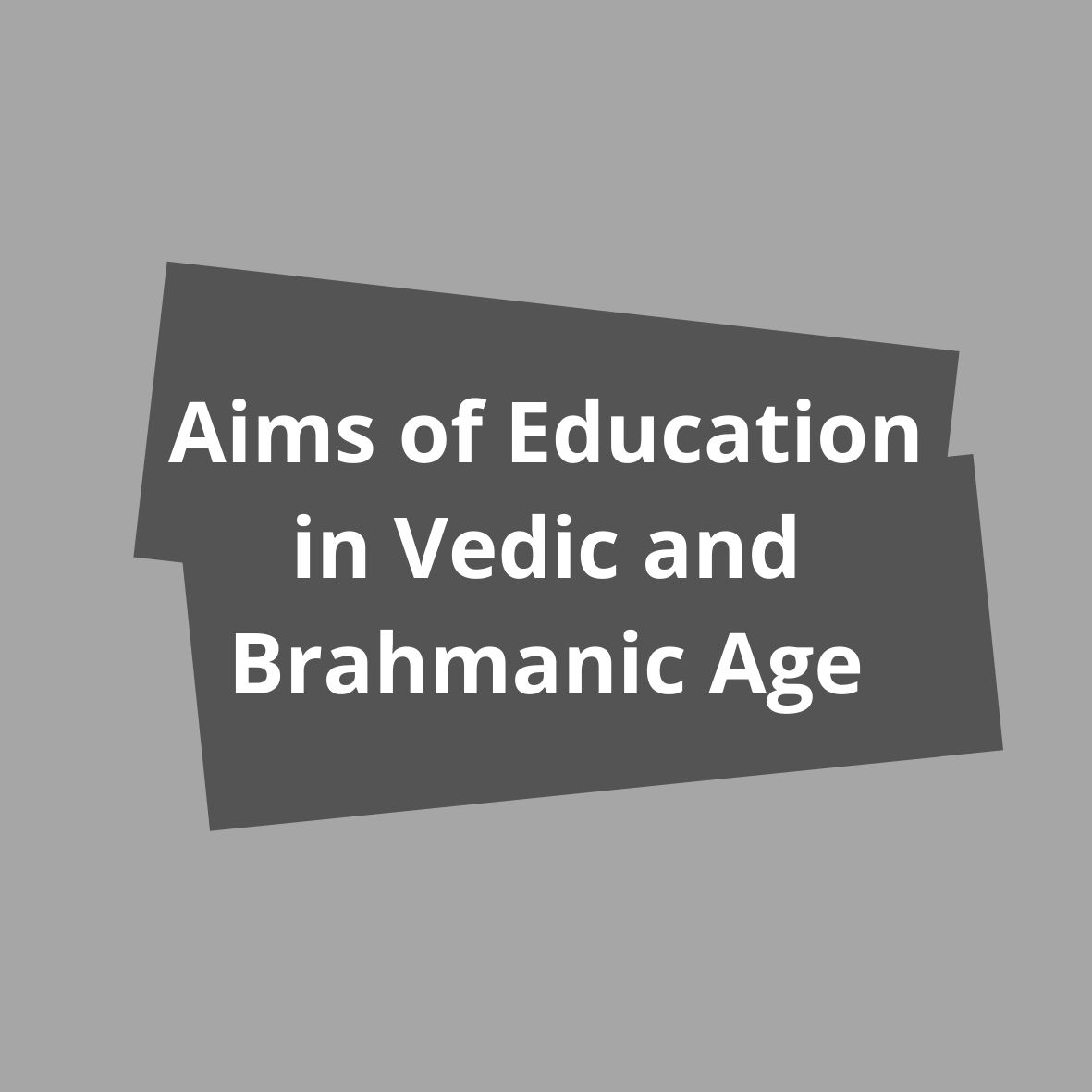Functions of Philosophy:
Philosophy may be said to have three main functions:
- The descriptive.
- The normative.
- The analytic.
When a person studies philosophy, he may approach it in any of these ways. He may approach it with different kinds of things. Knowing each of these ways will be helpful when we examine the varying conceptions of the philosophy of education.
A person who engages in the study of philosophy from the descriptive standpoint is concerned with learning what has been said and done by various philosophers or in various schools of philosophic thought. Working piecemeal, he may seek to understand Plato’s revelations on the nature of the real or the basic principles of Aristotle’s metaphysics or even what Wittgenstein was up to in the Tractatus. In short, the student is concerned with what is (has been) in the field of philosophy. Working comprehensively, he is trying to picture the general development of philosophical thought. A good many present-day philosophers would be inclined to think that what the student probably is doing is studying intellectually about what philosophers have said and doing philosophy, by which they mean analyzing and clarifying concepts and the language in which ideas are expressed. It is possible that the student might be doing both kinds of things.
A person who approaches philosophy in the normative sense is concerned in some way with value (axiology). His interest may be focused on ethics or aesthetics. He will be involved with advocating some ends or objectives (values) that he believes to be desirable and with explaining the reasons for their desirability. He may also be involved in suggesting means for achieving these values. His main concern is not what is, but what ought to be.
The third kind of approach is the analytic, with which we are now familiar. The analytic philosopher professes to be doing philosophy; that is, he purports to be engaged in the analysis of language, concepts, theories, and so on.
Now it may be argued that while three functions of philosophy may be isolated and separately conceived, there is no good reason to believe them mutually exclusive. Surely there are few, if any, competent normative philosophers who are ignorant of the history of ethics. And in the same sense, what would would ethical theory be without the process of analysis? The greatest danger for philosophy appears to lie in the deliberate effort to make any one of the functions independent of the others, particularly when this effort involves the elevation of one and the denigration of one or both of others.









Comments (No)